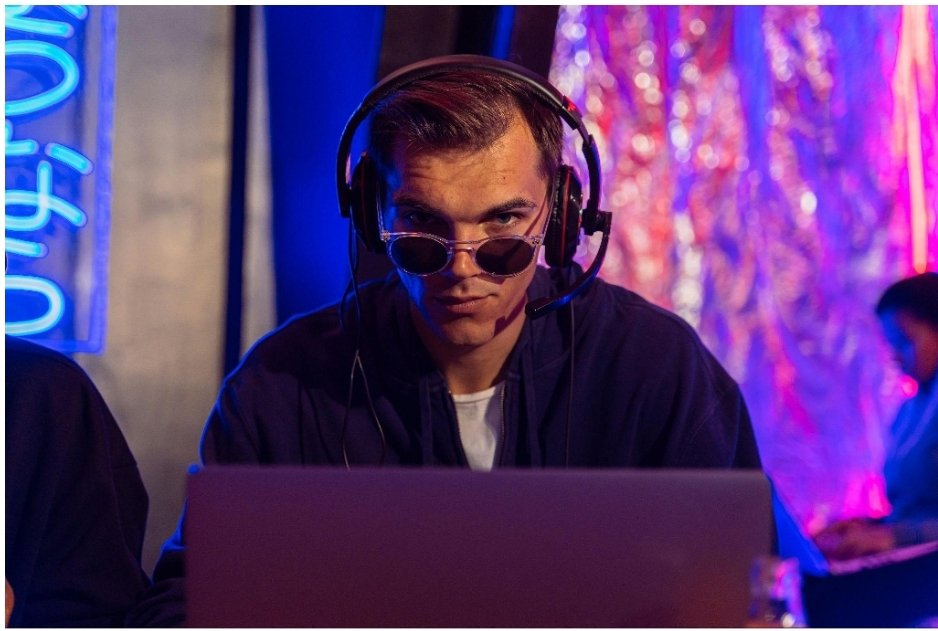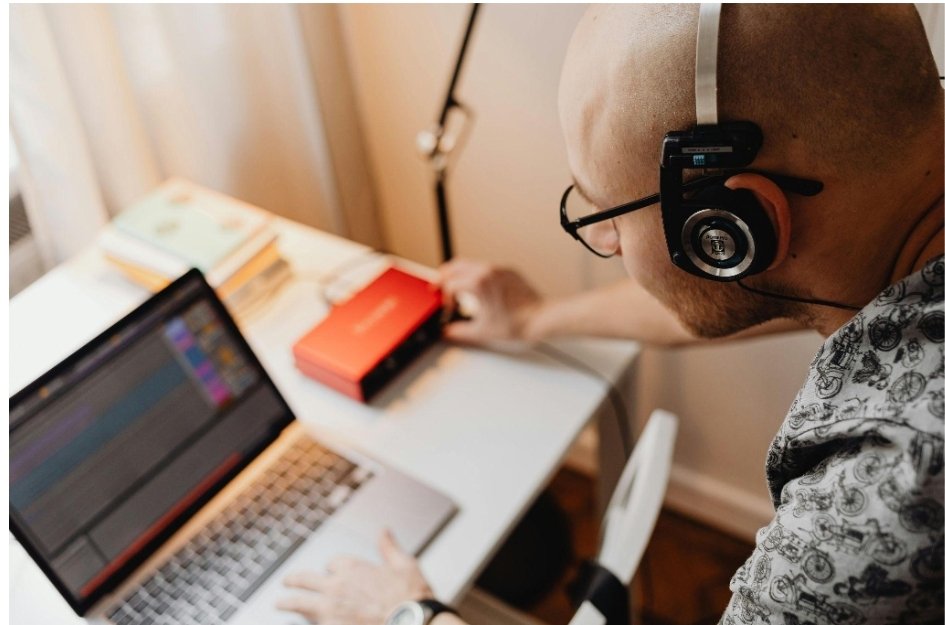Music has never been so innovative and personal an art form. Music has come a long way on the platform of innovation, from ancient drum beat to present-day complex symphony. Artificial intelligence is at it again and redefining the rulebook. Music can now, for the first time in history, be composed in terms of a few lines of text.
Imagine being able to describe a mood, an atmosphere, or sentence and having instant original music that captures its essence. That’s AI music composition magic—word notations to full scored music. No matter if you are a music producer looking for something to spark your creativity, a content creator looking for the ideal sound design, or simply someone who likes to mess around with sound, AI can enable you to make music in ways that were previously unimaginable. The interesting aspect of music made using AI is that the music can also express emotion and subjectivity.
The AI-based music program can read harmonies, arrangements, and patterns as much as it’s performing something out of a massive database with all sorts of music content. A line description like vagueness “peaceful morning seascape” would probably become soft waves of piano with synth accompaniment or “high-speed sequence” would probably become orchestral drama music. The AI music composition breakthrough shattered the traditional bounds. Those are the good old days when one would have to invest in expensive software, hardware, or music theory expertise to create something valuable. A text-to-music AI generator, and technology do the rest—ideas into full-fledged melodies within seconds.
AI music is an excellent starting point for professional producers and musicians. Musicians can have AI generate melody, chord progression or even a backing track and then work on it and add their own pieces. AI is not a replacement but a helper, and can help in overcoming creative block as well as experimenting with new musical ideas.

Aside from solo acts, AI music is also going into other markets including video games, ads, and films. On-demand soundtracks are being created to match specific scenes, moods, or brand personas. Artists and businesses are no longer relegated to using pre-composed music libraries but are actually creating original scores for their own proprietary use.
It is not only AI that is creating music, but it is also changing the way we are hearing it. AI algorithms are being used by streaming services to create playlists, predict listener actions, and suggest songs according to the mood of an individual. Personalization is altering the manner in which we hear and experience music and is also making it more intimate and immersive.
While it is theoretically so, AI music has been controversial. There are individuals who do possess the perception that it can never adopt the free-ride attitude and mindset of a human artist due to the black box problem. It might be so, but the majority of the artists are combining AI-based material into more conventional songwriting, technology, and artwork into larger pieces of creativites.
With every AI breakthrough, music composition will become more interactive in the future. Real-time AI mixing and an artist composing music in a linear way in the future is in the future. Text to music translation is tip of an iceberg—AI will assist you in selecting entire albums, live performances, and today’s top hits.
Music is expression at its simplest and most essential form, and AI is allowing us to discover new ways of engaging with and branching out from that expression. Be a working musician or merely an individual who desires to mess about with sound, AI is revealing the path to a universe of limitless potential.
